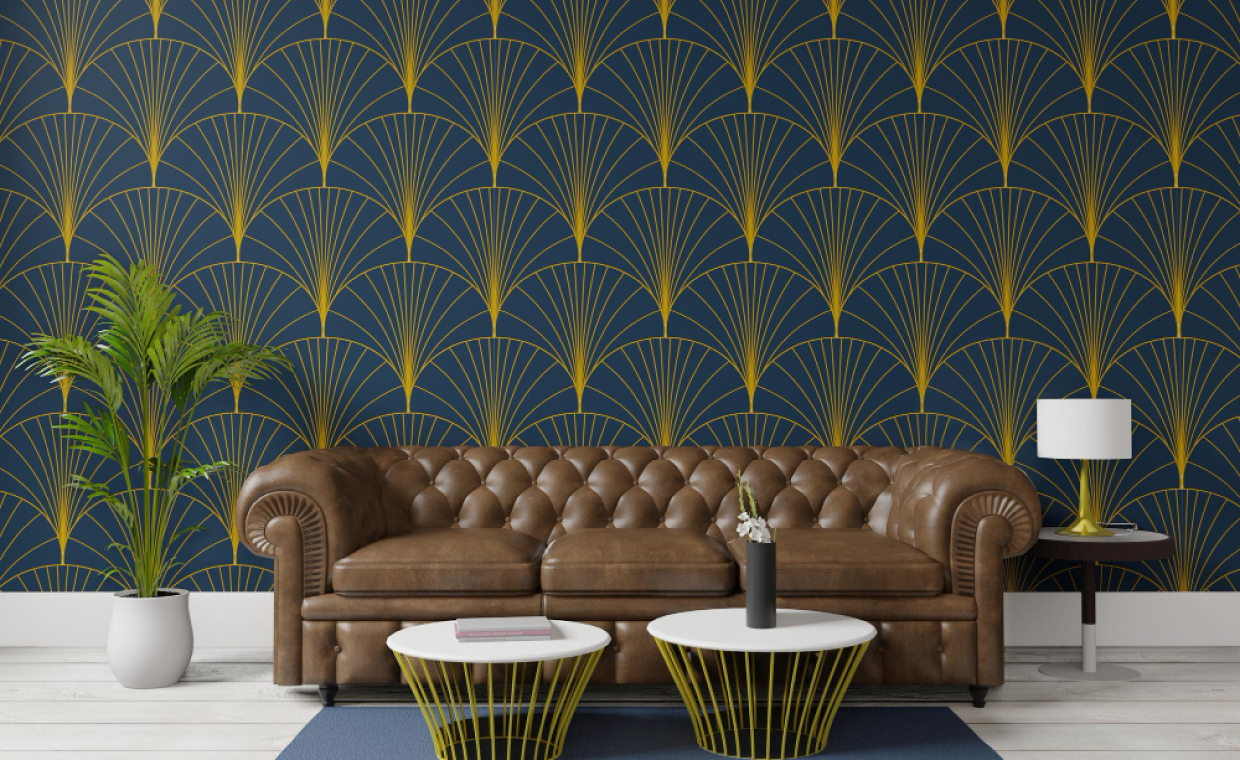
With furniture being an integral element of a house, understanding which wood best suits your requirements is the need of the hour.
Go down memory lane and explore your childhood. What are your fondest memories from your own house and visits to other people’s houses? Running your hand on the cabinet countertop of your neighbour’s drawing room…inserting your fingers and trying to count the holes in the carved sofa at your grandfather’s house jumping on the sturdy bed in your uncle’s bedroom…lovingly stroking the handles of the Victorian Sofa at your dad’s friend’s house…going rickety rock in the rocking chair at your aunt’s house…excitedly opening the cabinets to check what yummy delicacies are stored in your friend’s kitchen…screaming and holding on dearly to the wooden seat of the old swing at your house while your sibling swings it rapidly… hiding your toys and trinkets or even yourself in the huge wooden casket in the attic…and many such nostalgic moments. The common underlying element of all these memories is furniture – be it a swing, a casket, a rocking chair, a carved sofa, a cabinet or a bed.
That’s how significant furniture is – it’s an innate element of a house and it brings to the fore the flavour (traditional or modern) unique to a home.
And in India, especially, furniture is majorly made from wood as there’s a mind-boggling range of natural wood options to choose from. Albeit with passing time furniture styles and structures have undergone a metamorphosis but what remains unchanged is the raw material with wood or timber winning hands down in terms of popularity and use.
Seventy per cent houses in India still commission a carpenter for handcrafting their furniture as they vouch for the endurance and aesthetic value of such handmade furniture. Moreover, furniture in modern era households needs to serve the aesthetic and functional needs of the family.
And when it comes to furniture, wood is a core element. From the broader perspective, there are two types of wood based on their strength and density – hardwood and softwood.
Wood for Furniture
Confused as to which wood would best suit your furniture? Relax Gharpedia eases matters for you by presenting a guide on different types of wood for furniture.
01. Cedar or Deodar (Cedrus Deodara)
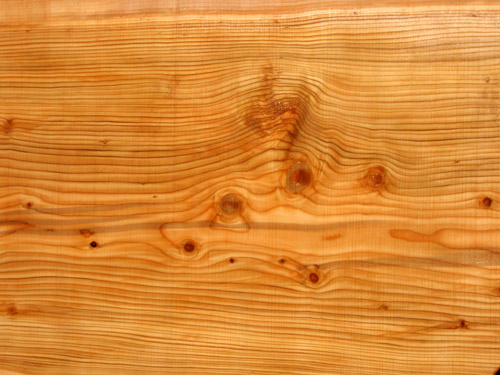
This robust, rot-proof, close-grained wood can also take up deep polish thereby giving a good finish.
Place of Origin
Punjab and Uttar Pradesh
Pros
- Long-lasting, tough and fine
- Has a long shelf life as it is water and insect resistant
- Soaks up colour and polish
Best used for
Ornate objects, furniture, landscaping, religious structures, railway carriages, railway sleepers and packing boxes
02. Ceylon Satin Wood (Chloroxylon Swietenia)
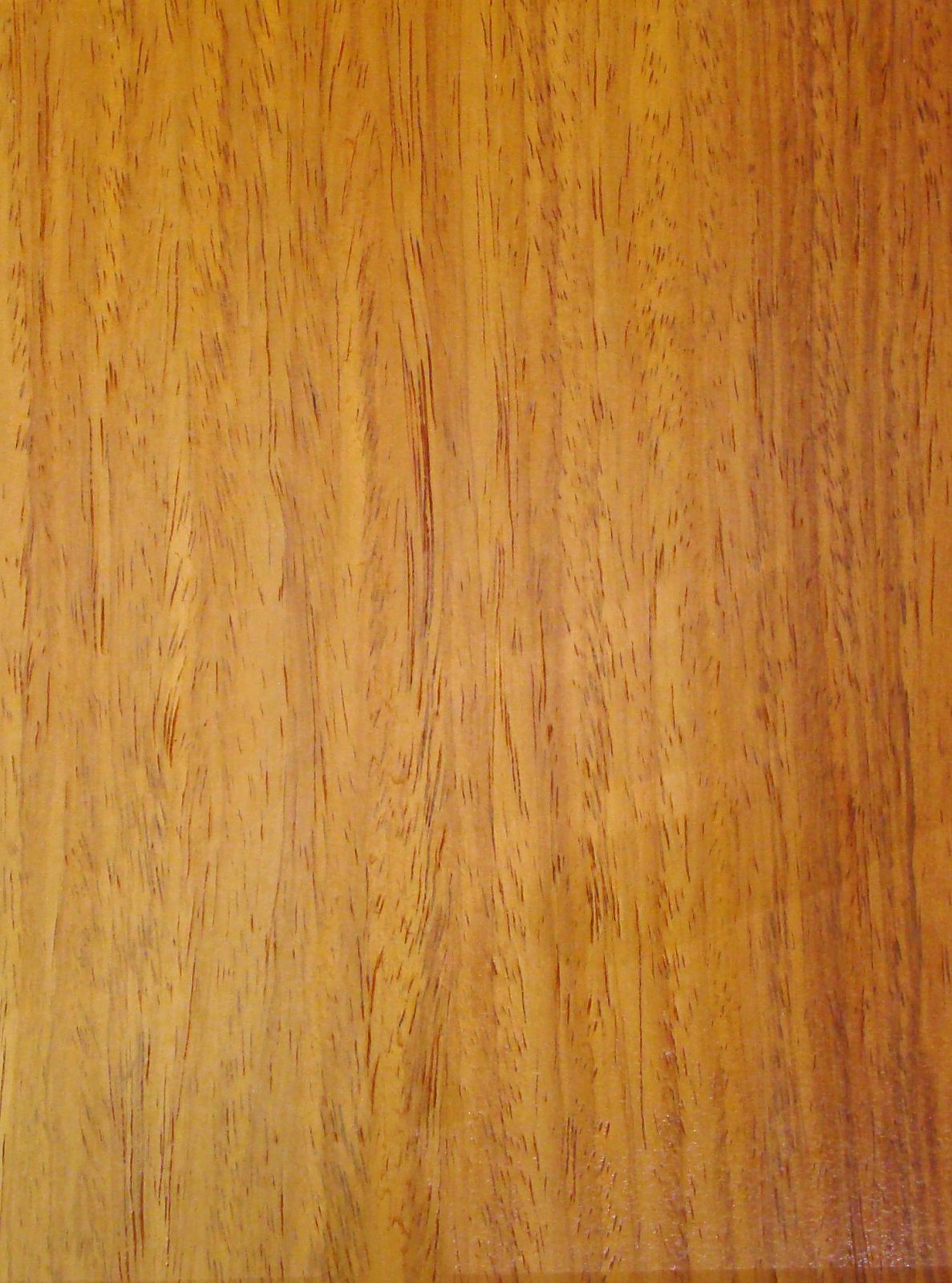
Some of the outstanding features of Ceylon Satin Wood comprise – robustness, durability and attractive high gloss finish.
Place of Origin
Central and Southern India
Pros
- Lends a flawless finish concealing minor blemishes
- Besides regular polishing doesn’t need much maintenance
- Extremely durable
- Provides the option of selecting a polish of one’s choice
Best used for
Decorative pieces, all types of furniture, flooring
03. Jack Wood (Artocarpus Heterophyllu)
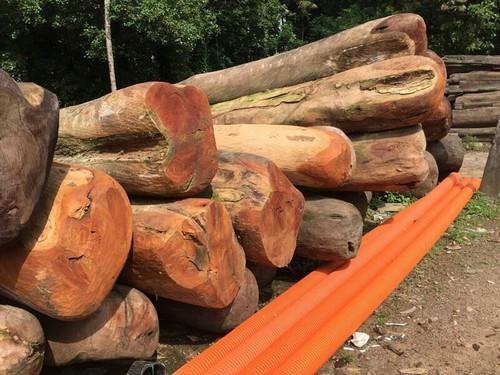
Jack wood is compact, finely grained and easy to work with.
Place of Origin
Kerala, Tamil Nadu, and Maharashtra
Pros
- Being even grained it lends a fine finish
- It’s easy to work with
- Aesthetically appealing
Best used for
Aesthetically appealing objects, furniture, door panels, cabinets and musical instruments
04. Mahogany (Swietenia Macrophylla)
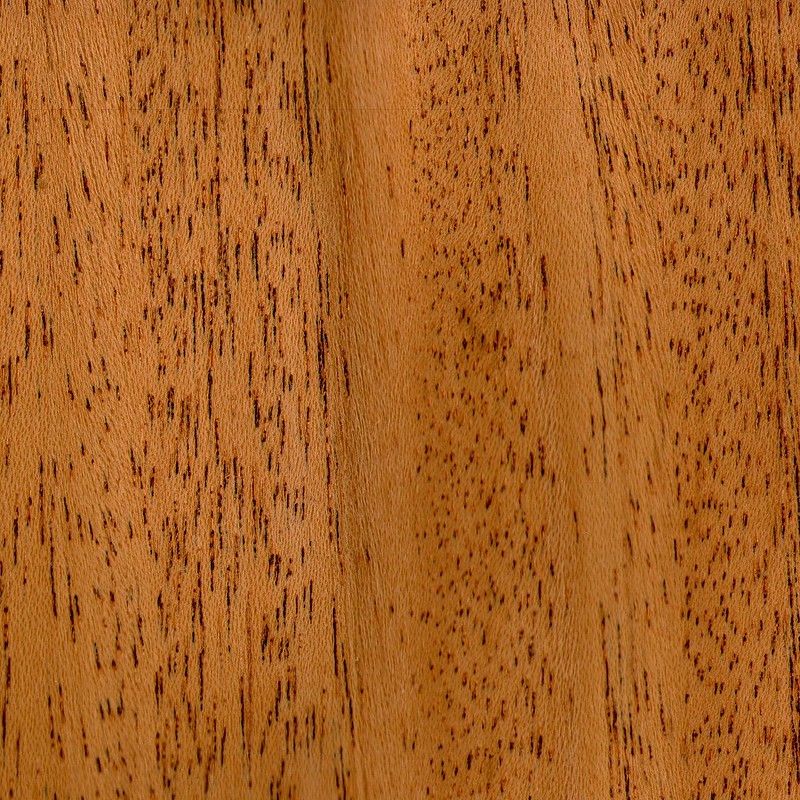
This sturdy wood stays durable even underwater. It takes up a deep hue post a round of polishing.
Place of Origin
Bengal, Assam, and Kerala
Pros
- The pores of this wood soak in paint lending the furniture an elegant glossy finish
- One of the rare woods that doesn’t decay underwater
- Being the finest wood it can be easily sculpted
Best used for
Cabinets, furniture, and patterns in decorative pieces of art
05. Mulberry (Morus Alba)
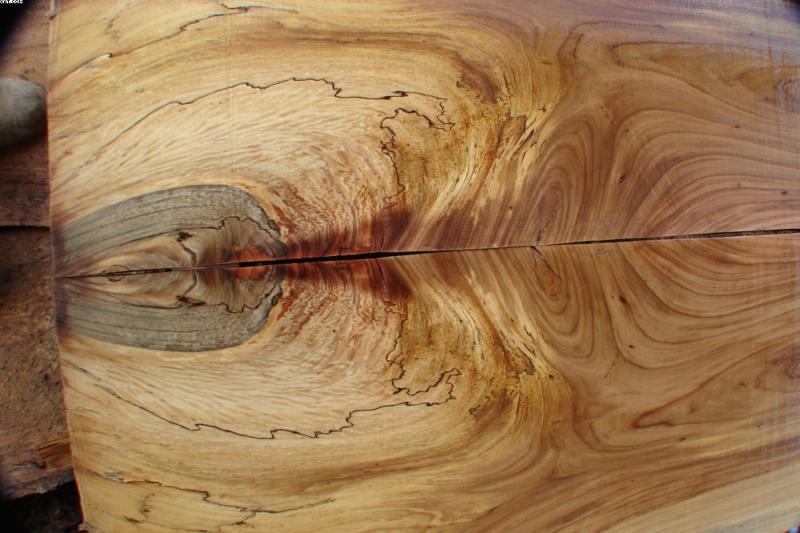
Mulberry wood provides a neat finish and can be carved easily.
Pros
- Sturdiness and elasticity
- High on aesthetic appeal
- Broad colour range
- Can be easily worked with
Best used for
Floors, ornate pieces of furniture and decoration, drawers, cabinets, turned objects and fence posts
06. North Indian Rose Wood (Dalbergia Sisoo)
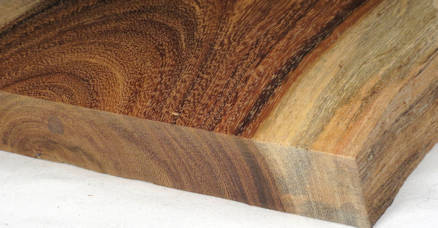
North Indian Rose Wood is not only durable but it can be easily seasoned too.
Place of Origin
Bengal, Assam, Uttar Pradesh, Maharashtra, and Orissa
Pros
- This wood is sturdy and durable
- It takes up polish extremely well lending a rich sheen to furniture and flooring
- Furniture or flooring made from this wood looks extremely attractive
- This wood can be shaped well
Best used for
Decorative pieces of furniture, railway sleepers and sports goods.
07. Rose Wood (Dalbergia Latifolia)
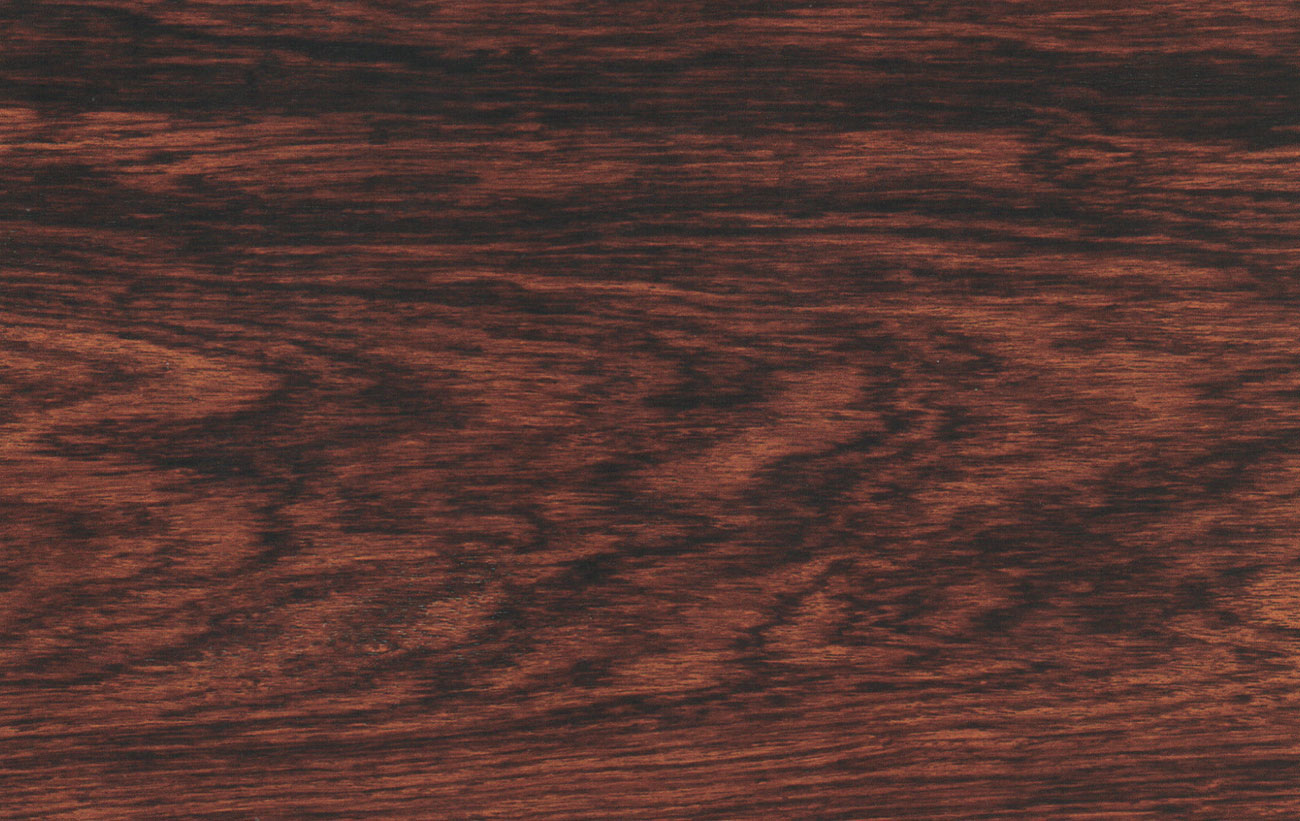
This wood is extremely tough and close-grained; besides maintaining its shape and being available in large sizes.
Place of Origin
Kerala, Karnataka, Tamil Nadu, and Orissa
Pros
- Extremely attractive and with high crushing and bending strengths that offer sturdy stability to the furniture carved out of it.
- Has an attractive grain appearance
Best used for
Furniture, cabinets, mathematical instruments such as rulers, musical instruments, decorative items, kitchen and bedroom cabinets, dining sets, carvings et al.
08. Sal Wood (Shorea Robusta)
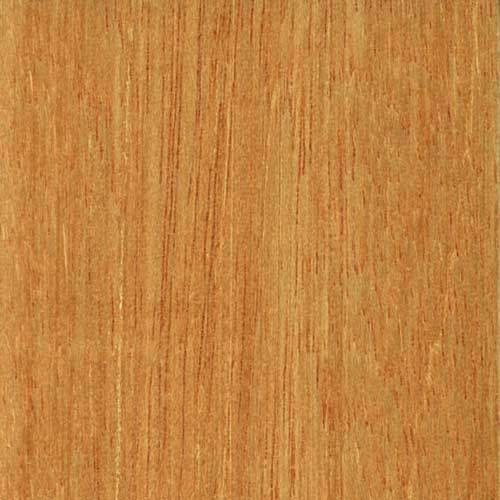
What makes Sal Wood outstanding is its robust durability and tensile strength.
Place of Origin
Uttar Pradesh, Bihar, Madhya Pradesh, and Andhra Pradesh
Pros
- Purportedly the most durable type of timber
- Resistant to fungi, white ants and other insects so practically immune to decay
- Extremely sturdy
Best used for
Furniture, wooden beams, wooden frames, doors, musical instruments, flooring
09. Teak Wood (Tectona Grandis)
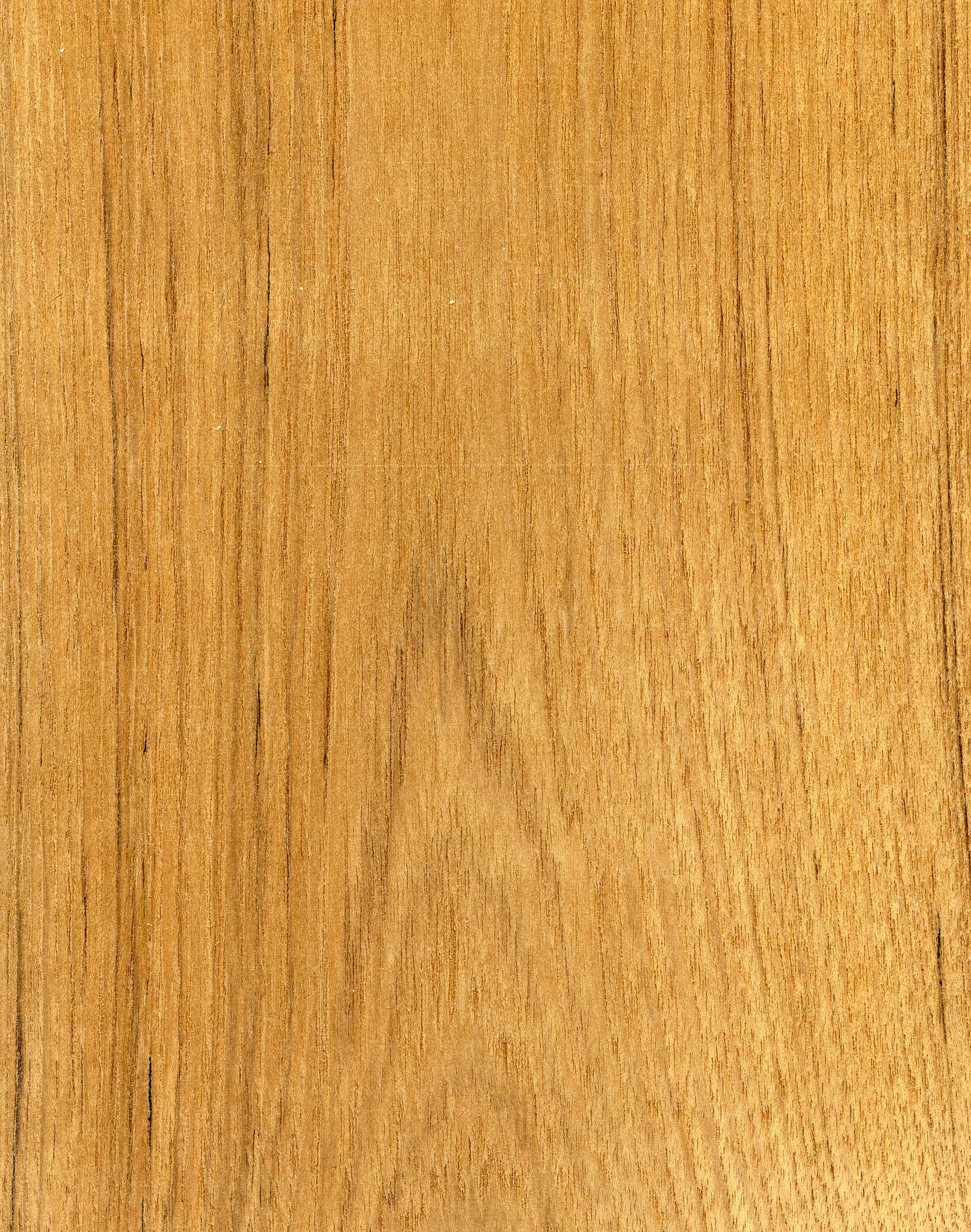
Teak, albeit one of the most expensive wood variety, is supposed to be the best type of wood for making any type of furniture owing to its niche features like – durability; highly fire resistant; attractive veneer; white ant and dry rot resistant; non-shrinkable; non-corrosive to metal fastenings et al.
Place of Origin
Central and Southern India
Pros
- High on the aesthetic quotient
- Smooth to touch
- A rich brown hue
- A long life … up to 100 years, in fact!
- It’s sturdy so it doesn’t suffer damage while being shifted from one place to the other
- Owing to its high density, furniture made from teak wood does not rot and decay
- Teak’s high tensile strength and tight grain make it weather resistant too
Best used for
Outdoor furniture, boats, indoor finishing, indoor flooring, countertops et al.To know more about teak wood, read:
10. White Cedar (Melia Azederach)
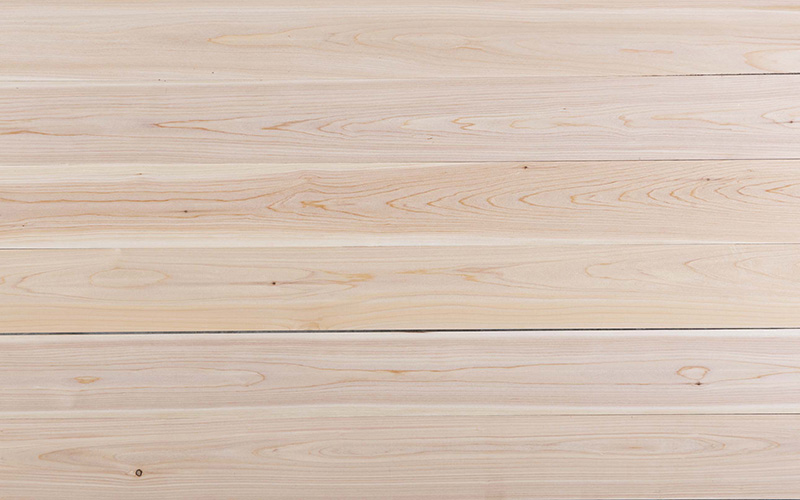
This timber is decay and termite proof; lighter than most types of woods; and can be moulded to prepare wooden accessories.
Place of Origin
Malaysia
Pros
- This wood is resistant to termites, decay and insects
- The texture of this light-weight wood is soft and uniform
- High on the aesthetic quotient
- Demands less maintenance
Best used for
Shoe racks, chests, drawers, trunks, and other decorative items India has a plethora of options to choose from when it comes to furniture wood – one only needs to have a discerning eye to decide which wood suits one’s requirement the best. Then again the market has on offer many synthetic alternatives to wood but the Indian palate still prefers natural wood furniture and decorative items owing to its durability and functionality.
So irrespective of the steep cost, nearly 90 per cent of Indian households would have natural wood artefacts and furniture adorning their houses.
This penchant for wood has many dark sides to it too! For the simple reason that in order to cull this wood trees are being uprooted which contributes to a huge carbon footprint in terms of – creating an adverse impact on the climate; disturbing the water table; generating a chaotic eco-system; leaving the birds and other beings thriving and nesting on the tree foodless or shelter-less; and many more…!
But choices are subjective and it is left to the discerning reader to take a wise and well-informed decision.
If you want to read more articles related to wood, then refer the following links:
15 Popular Types of Wood used in the Construction Industry!
Characteristics & Properties of Wood as a Home Building Material!
Image Courtesy: Image 2, Image 4, Image 5, Image 6, Image 7, Image 8, Image 9, Image 10, Image 11
Author Bio
Huta Raval – An English Literature and Journalism Topper, Huta Raval has graduated from the L D Arts College, Ahmedabad. Post serving for 23 years in the NBFC and Public Library Sectors her desire for ‘writing the unwritten’ brought her to the creative field of content writing. Her clientele comprises of NGOs, Blogging Platforms, Newspapers, Academic Institutions, et al.
























